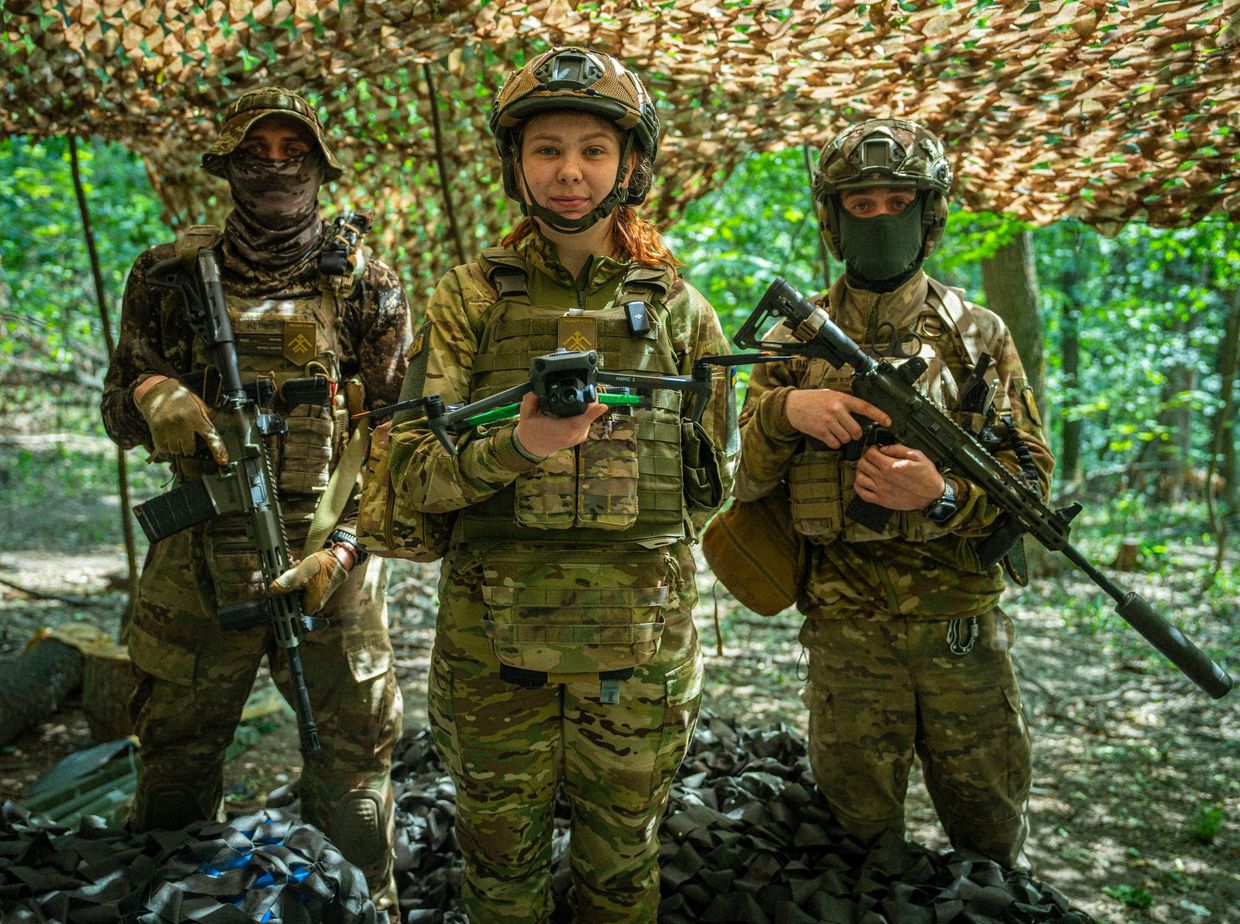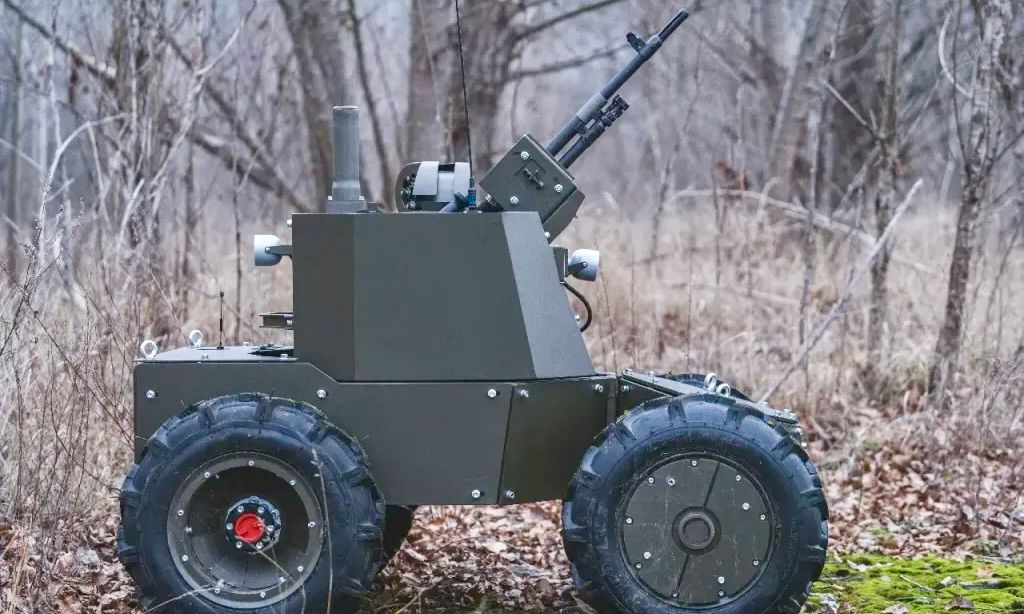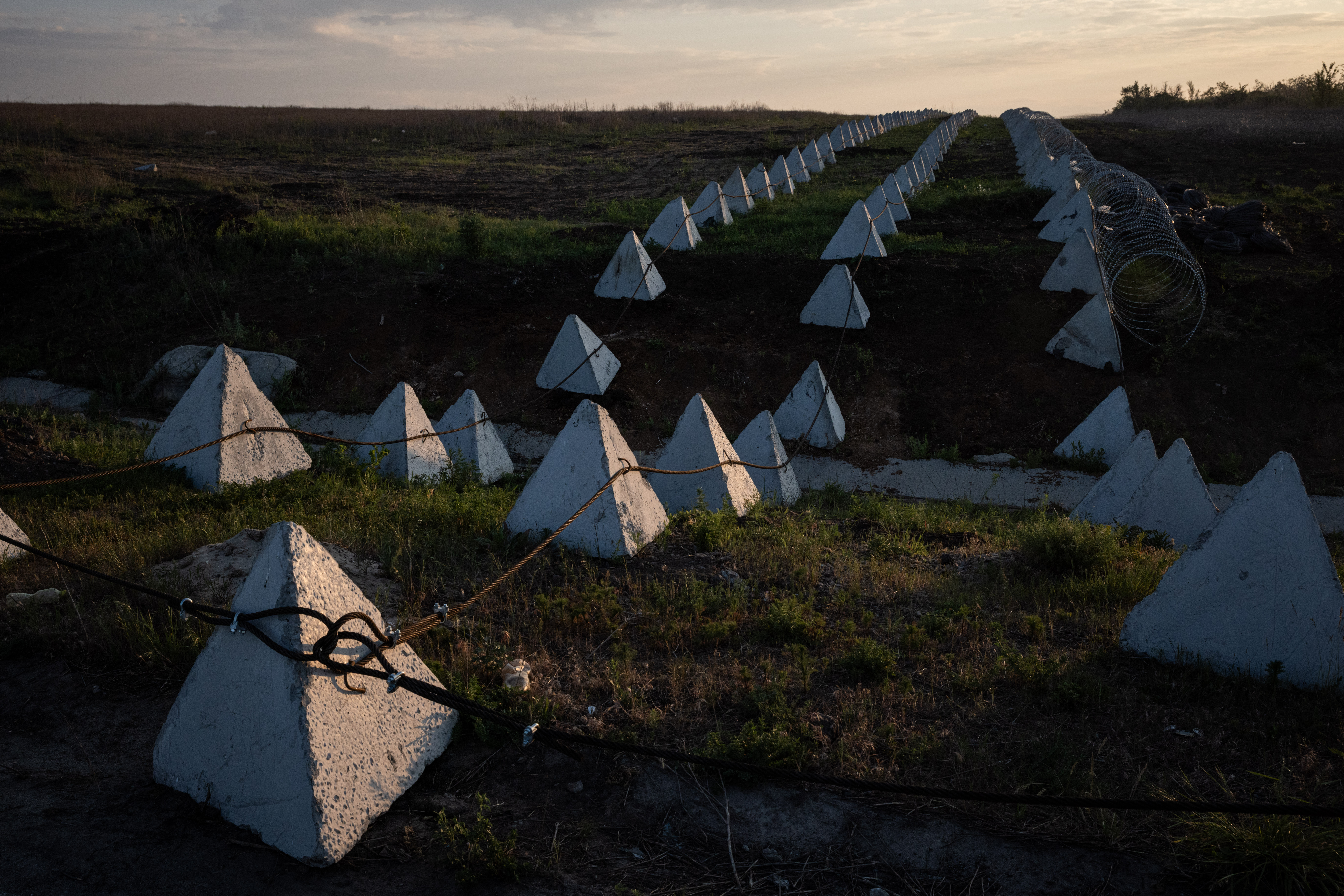Ukraine Launches "Test in Ukraine" Scheme for Foreign Weapons Testing on Front Lines

Ukraine has officially launched the "Test in Ukraine" scheme, inviting foreign arms companies to test their latest weapons directly on the front lines of the ongoing war against Russia. The initiative, spearheaded by Brave1, Ukraine's state-backed arms investment and procurement group, aims to leverage the intense combat environment to accelerate defense innovation and acquire advanced weaponry.
Announced at the LANDEURO defense conference in Wiesbaden, Germany, by Ukraine's Vice Prime Minister and Minister for Digital Transformation, Mykhailo Fedorov, the "Test in Ukraine" platform offers foreign companies two options: deploy their technologies directly in active combat zones for real-time adjustments or entrust them to Brave1 specialists for independent evaluation and detailed reports.
Details of the "Test in Ukraine" Initiative

The "Test in Ukraine" initiative provides a unique opportunity for foreign arms manufacturers to gain invaluable battlefield data and refine their products in a high-intensity environment. According to Brave1, participating companies can observe their technologies in action and make immediate adjustments based on real-world performance. Alternatively, they can rely on Brave1's experts to conduct thorough evaluations and provide comprehensive feedback.
Artem Moroz, Brave1's head of investor relations, noted strong interest in the program, emphasizing the insights it offers into "what technologies are available" and "what is really working on the front line." While specific participating companies and cost details remain undisclosed, the scheme promises to provide a deeper understanding of cutting-edge military technologies.
Ukraine's Strategic Priorities and Potential "Mega Deal" with the US

Ukraine is prioritizing the testing of several key defense capabilities, including new air defense systems, drone interceptors, AI-guided systems, solutions against gliding bombs, unmanned systems (both water and ground-based), advanced fire control systems, and AI guidance for howitzers. These technologies are crucial for countering Russia's ongoing offensive and escalating air strikes.
In a related development, Ukrainian President Volodymyr Zelenskyy revealed discussions with US President Donald Trump regarding a potential "mega deal." Under this arrangement, Washington would purchase battlefield-tested Ukrainian drones in exchange for Kyiv procuring weapons from the US, further strengthening the defense cooperation between the two nations.
Background: Brave1 and the Context of the Russian Invasion

The "Test in Ukraine" scheme is the latest initiative from Brave1, the Ukrainian government's defense innovation cluster established in 2023. Brave1 serves as a central hub for Ukrainian defense companies seeking investment and for military units to order arms. The cluster plays a critical role in streamlining defense procurement and fostering innovation within Ukraine's defense industry.
The initiative is taking place against the backdrop of the ongoing full-scale Russian invasion of Ukraine, which has now lasted for over three years. Russia continues to press a grinding offensive along the extensive front line and has intensified air strikes on Ukrainian cities. Ukraine aims to leverage its battlefield experience to develop and acquire advanced weaponry to counter Russia's larger and better-equipped military.
Stakeholders and Their Interests

Several key stakeholders are involved in the "Test in Ukraine" scheme, each with distinct interests and potential benefits:
- Ukraine (Government, Military, Brave1): Aims to gain access to cutting-edge military technologies, accelerate domestic defense industry development through foreign investment and co-production, and improve capabilities against Russian forces.
- Foreign Arms Companies: Seeks a real-world, high-intensity environment to test and refine their products, gain invaluable battlefield data, and potentially secure future contracts.
- International Partners/Governments: Allies of Ukraine may encourage their defense industries to participate, aiming to strengthen Ukraine's defense capabilities and gain insights into effective combat technologies.
- Russia: Views Western weapons deliveries as a signal for Ukraine to continue fighting and abandon peace efforts and is closely monitoring these deliveries.
Potential Controversies and Consequences

The "Test in Ukraine" scheme is not without potential controversies. The use of a real warzone as a testing ground for experimental weapons raises ethical concerns regarding the risks to Ukrainian soldiers and civilians. Questions also arise concerning intellectual property ownership for co-developed or tested technologies.
Internationally, while allies of Ukraine generally support efforts to bolster its defense, the lack of immediate details on participating companies or the precise operational mechanisms of the scheme has led to some diplomats expressing a lack of prior consultation or briefing.
The potential consequences of the scheme are significant. For Ukraine, it could lead to access to advanced, battlefield-proven technologies, acceleration of its domestic defense industry, and a potential shift in the balance of power on the front lines. Participating companies stand to gain a unique opportunity for real-world product validation, potentially leading to faster development cycles and increased sales. For the conflict itself, it could lead to the deployment of more effective and innovative weaponry against Russian forces, potentially altering battlefield dynamics.